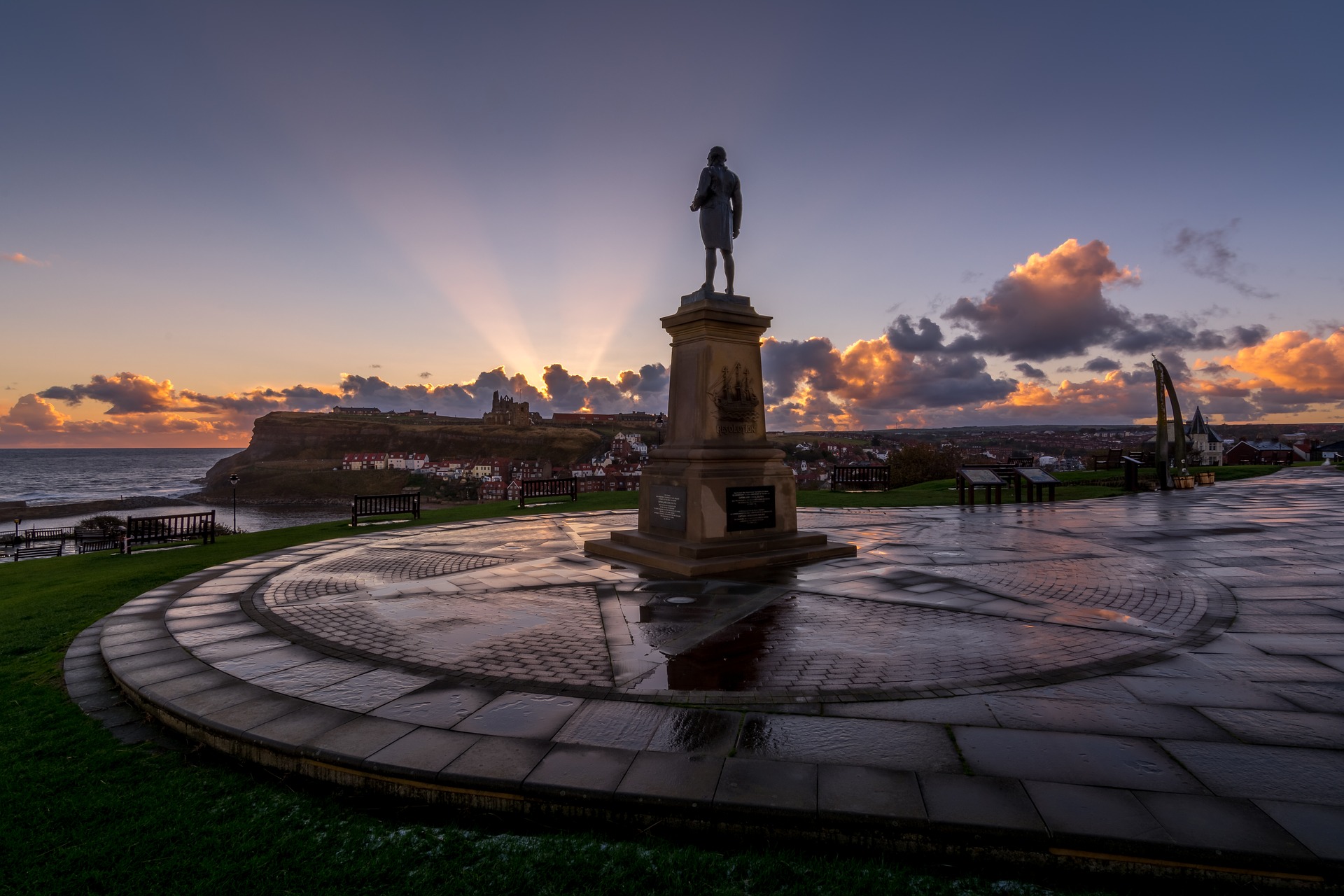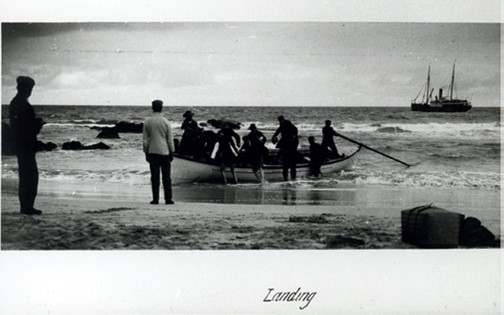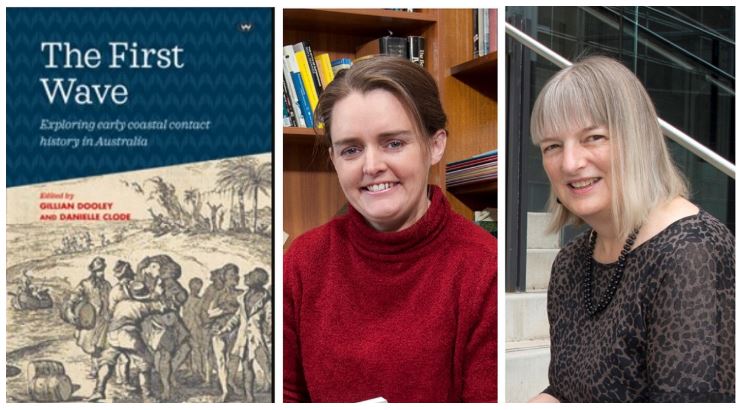
Aspects of Australia’s history texts have been shaped by what the colonial writers didn’t see – especially when it came to their first contact with Indigenous Australians.
To examine these incidents from a different perspective, Flinders University College of Humanities, Arts and Social Sciences academics Dr Gillian Dooley and Dr Danielle Clode have edited a new book that presents an alternative view of early coastal contact history in Australia.
The First Wave draws together 26 essays, stories, and poems from a range of authors, some of Aboriginal heritage – poets, novelists, historians, literary scholars, art historians, anthropologists, musicologists, linguists, ecologists.
This includes thought-provoking poetry by Yankunytjatjara Aboriginal poet Ali Cobby Eckermann, fiction by Miles Franklin award-winning Noongar author Kim Scott, and an account of the arrival of Christian missionaries in the Torres Strait Islands by Torres Strait political leader George Mye.
“We wanted to include multiple perspectives on multiple encounters, in a variety of genres – concentrating on meetings with explorers – temporary visitors, rather than the settlers or invaders who came later, though it’s not so easy to draw these kinds of boundaries,” says Dr Dooley.
The implications of re-examining such historical records resonate in countries around the world that have also been colonised. “Anyone, anywhere who’s working in the postcolonial area is interested in the issues dealt with in the book, so we shouldn’t think of it as just an Australian history book,” says Dr Dooley.
The impetus for The First Wave came from Dr Dooley’s reading of an account of Matthew Flinders’ official journal on the Investigator – not the popularly recognised 1814 publication Voyage to Terra Australis, but his day-by-day record of events and observations during his circumnavigation of Australia 1801-1803, recently published for the first time.

She started wondering what lay behind his observations of the Aboriginal inhabitants and his accounts of the meetings and transactions between them and the members of the expedition – officers, scientists and crew.
“Mutual misunderstanding was almost universal, whether it resulted in violence or apparently friendly transactions, and there is plenty of documentation of the European point of view, but what is the other side of the story?,” says Dr Dooley.
“This thought opened up a much bigger range of stories of other explorers around the Australian coast, so Danielle (Clode) and I put out a call to get a broad range of perspectives from both sides of the beach. Beyond academic essays, there’s also poetry and fiction as well as less conventional forms of scholarly inquiry, such as photo essays and ‘ficto-criticism’. Lots of disciplines are included too – history, anthropology, literary studies, musicology, art history and probably more.
“It brings to light many new stories and angles on what was an ongoing, complex and varied series of events across a couple of centuries, involving many individuals in many different places.

“Having launched the book in London and distributed copies among historians and postcolonial scholars in the UK and Europe, I’m hoping it might bring them a new awareness of the complexities of early Australian colonial encounters,” says Dr Dooley. “The response I’ve had so far has been very positive.”
At the UK launch of the book, Elleke Boehmer, Fellow of the Royal Society of Literature, Professor of World Literature at Oxford, noted “the complex fractal pattern of perspectives, observations and silent sight-lines both Indigenous and European that the co-editors Dooley and Clode had delicately constructed around Flinders’ 1801-3 journey of Australian circumnavigation. Many of these observations crystallised out from the crucial meeting on the beach, that classic zone of colonial encounter, yet at a fragile time before that encounter became violent and destructive.
“The First Wave also beautifully demonstrates how those observations were then recorded not only in the explorers’ journals and logbooks but also in Indigenous song and dance, so making a very different yet equally telling historical record.
“This book matters, re-visiting old episodes and in the process re-visioning them. There is a crucial if brief sentence in Gillian Dooley’s and Danielle Clode’s excellent introduction. ‘What were the Europeans NOT seeing?’ These essays examine the not seen, which includes how they were themselves viewed by the indigenous peoples they found on arrival in Australia.”
Launch event details
Where: Flinders at Victoria Square
When: 6 – 8pm, 10 September 2019
Register online by 5 September 2019

